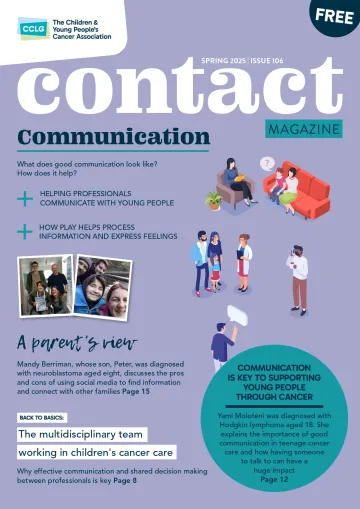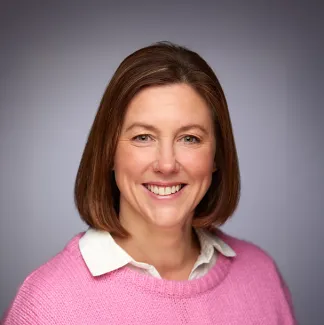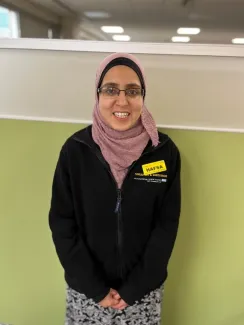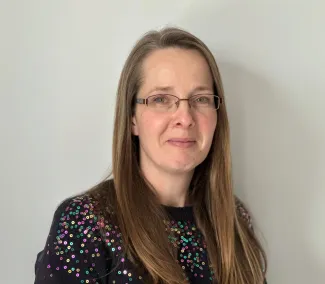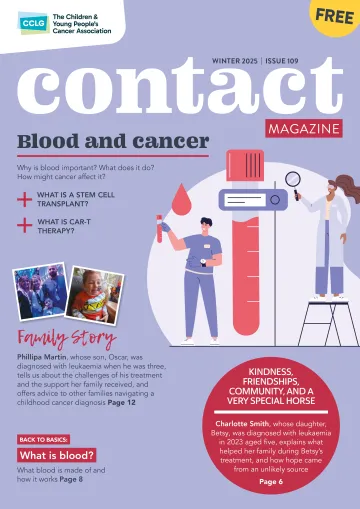When Meredith was diagnosed, it came as a huge shock because she presented with no obvious history of symptoms other than a swelling on her forehead in the weeks before, which we thought was a bump to the head that hadn’t gone down. There had also been an intermittent but persistent painless limp in her left leg, which had been attributed to growing pains and she had been receiving physio for. Eventually, after many tests, scans and biopsies, she was diagnosed with b-cell lymphoblastic lymphoma, a type of non-Hodgkin lymphoma.
Deciding how to keep people updated
We soon found ourselves grappling with the task of updating all our family and friends. We were, of course, devastated and struggling to process the news ourselves and soon found that corresponding with dozens of people was impossible. We also experienced an issue with second- and third-hand information being passed on. Although this was done with the right intentions, it obviously didn’t help.
As a family, we sat down and discussed how we were going to manage this. We wanted full control over the details, and we wanted to be able to provide people with information on our own terms, when we were ready. We decided to use WhatsApp groups for close family and friends to provide updates in real time, while we also chose to use social media to update our wider network.
Asking for support has been vital
We knew we would need support, and it was obvious people wanted to do so. We would, however, need to be the ones to determine what help we’d need, and when. We soon began to realise where we’d need support, and we also quickly found out that those areas of support would change or be more intense or less frequent depending on the day or week. We again utilised WhatsApp to set up a group, adding people who’d offered to help. We’d ask for all manner of support: meals, shopping, housework, dog walking, and laundry. We’d often find that within 10 minutes of posting what we needed, the requests were fulfilled. This was such a weight off our minds. It was one less thing for us to be worried about for that day and enabled us to focus all our energy on our family.
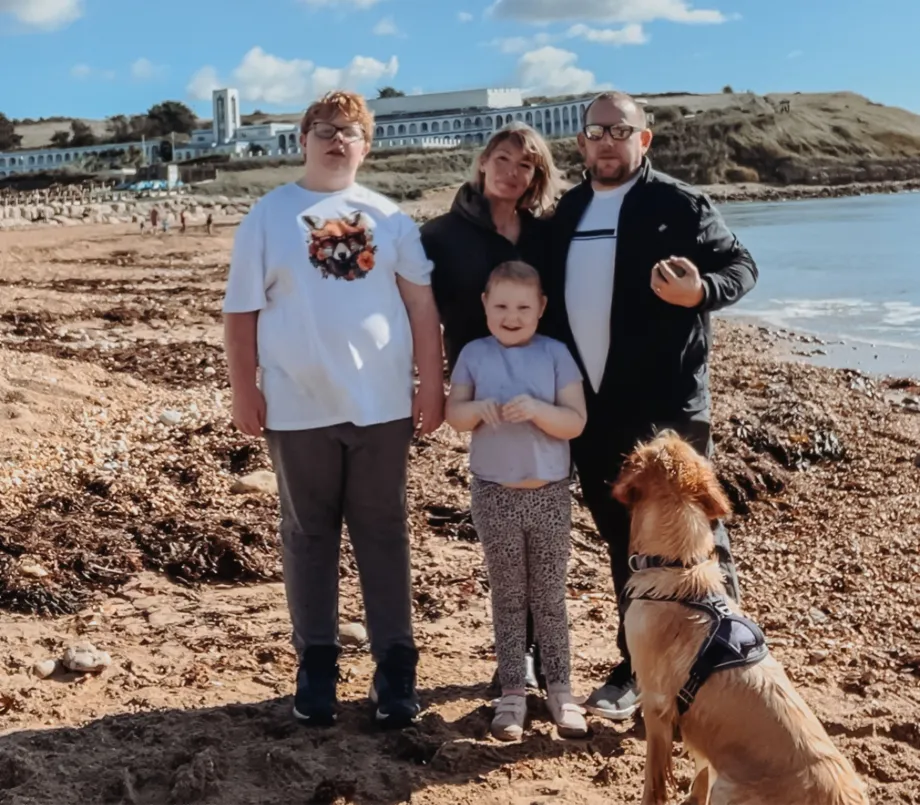
Talking with other families has helped
We have some wonderful friends in the form of other cancer families. There are aspects of cancer that are universal, even if the cancer or prognosis is different. We also found that we could be honest, we didn’t need to filter anything, and we could talk about any aspect of our journey. Maybe the disappointments, the realities of hospital admissions, or the deep and troubling thoughts you have at times. Parents going through this collective cancer experience just ‘get it’. There’s never judgement, only ever compassionate support.
My advice to others
I think it’s important to try to be as honest as you can in your communication. There’s no sugar coating the difficulties you face, so don’t be consumed with doing so. You might think you’ll overwhelm people and decide on replying, “I’m fine,” when asked how you are, or: “No, it’s okay, I don’t need help,” but putting on a mask like this can be very exhausting. If I could give one piece of advice to others, it would be to stay humble, keep asking for support, and don’t think you’re expected to get ‘better’ at dealing with the fact your child has cancer.
From Contact magazine issue 106 | Spring 2025

